News
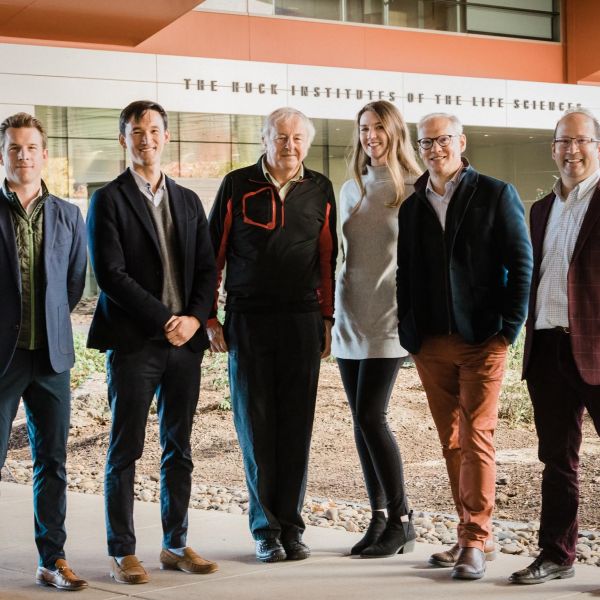
Dec 14, 2021
Biotech company selects Innovation Park for expansion
Penn State will welcome a new biotech company, BioMagnetic Solutions, to Innovation Park. BioMagnetic Solutions is a portfolio company of Gamma Biosciences, a global life sciences company serving the advanced therapy market.
Full Article

Dec 09, 2021
Mathematics professor receives Humboldt Research Award
Leonid Berlyand, professor of mathematics at Penn State, a member the Penn State Materials Research Institute, and co-director of the Center for Mathematics of Living and Mimetic Matter at the Huck Institutes of the Life Sciences, has been awarded a Humboldt Research Award by the Alexander von Humboldt Foundation of Germany.
Full Article

Dec 02, 2021
Should I be worried about the new omicron coronavirus variant?
The omicron variant (B.1.1.529) of SARS-CoV-2, which has now been detected in the U.S., has been listed as a "variant of concern" by the World Health Organization, which has stated that the overall global risk related to the variant is "very high."
Full Article
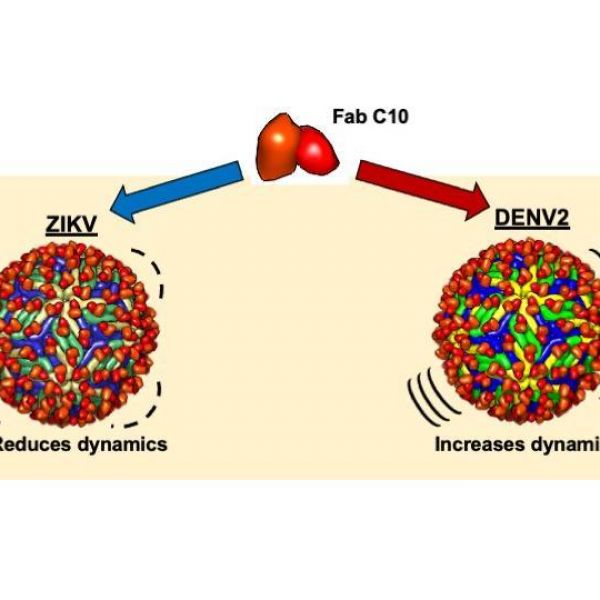
Nov 30, 2021
Distortion: Researchers discover new strategy for antibodies to disable viruses
It is widely understood that antibodies neutralize viruses by latching onto their surfaces and blocking them from infecting host cells. But new research reveals that this barrier method isn’t the only way that antibodies disable viruses. An international team of researchers led by Penn State has discovered that antibodies also distort viruses, thereby preventing them from properly attaching to and entering cells.
Full Article

Nov 29, 2021
Upcoming workshop series on using data science for ecological applications
Contact Drs. Sarah Goslee and Bogdan Caradima if you have questions, or would like to sign up!
Full Article
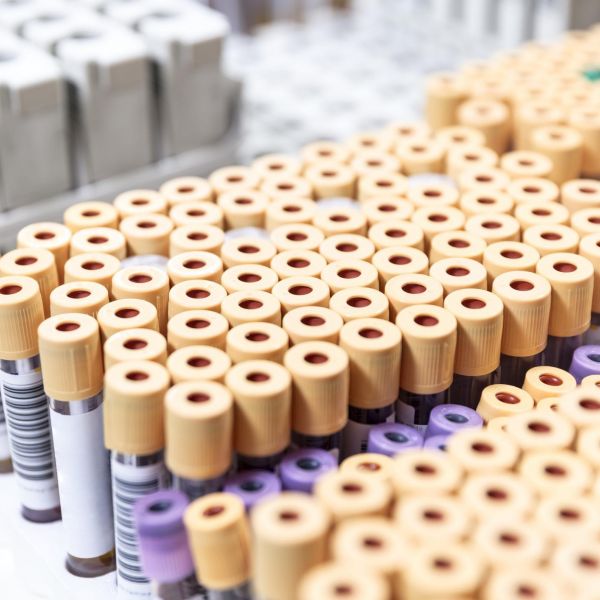
Nov 22, 2021
New technique better assesses exposure of a population to a virus
Accurately assessing the exposure of a population to a particular virus is difficult because the tools for doing so do not account for the fact that many viruses comprise multiple circulating strains, or the fact that people can be vaccinated or naturally immune, among other factors. Using influenza as a model, a team of researchers led by Penn State has developed a new technique that overcomes many of these roadblocks.
Full Article

Nov 18, 2021
Penn State Breazeale Reactor expands in size and in opportunities
Penn State’s Radiation Science & Engineering Center and the Ken and Mary Alice Lindquist Department of Nuclear Engineering broke ground on a 10,000-square-foot, $9.5 million expansion of the Breazeale Reactor on Oct. 21. The nation’s first licensed and longest continuously operating nuclear research reactor, Breazeale’s expansion will accommodate an equipment donation valued at $9.8 million and facilitate more advanced neutron beam research as well as the growth of nuclear engineering at Penn State.
Full Article
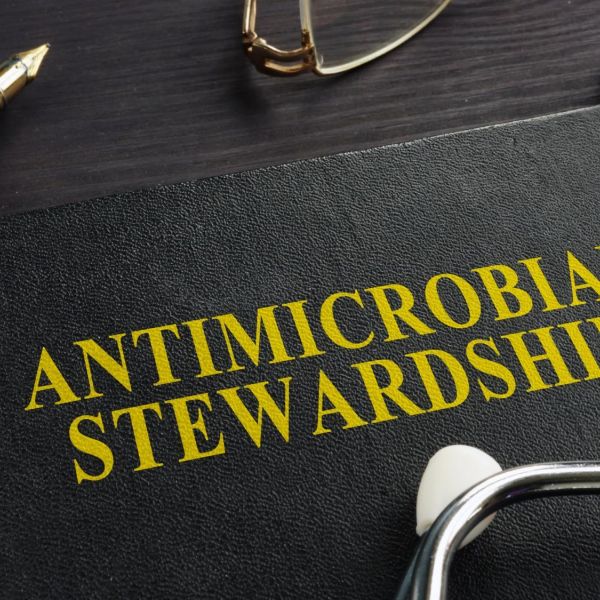
Nov 16, 2021
New tool weighs costs and benefits of managing evolution of pathogens and pests
Spend money now on antibiotic stewardship practices or save the money but run the risk of potentially deadly antibiotic-resistant bacteria emerging later? A new economic tool can help physicians, farmers and other people whose activities may influence the evolution of biological organisms, such as pathogens and insects, decide when they should invest in evolution management strategies.
Full Article
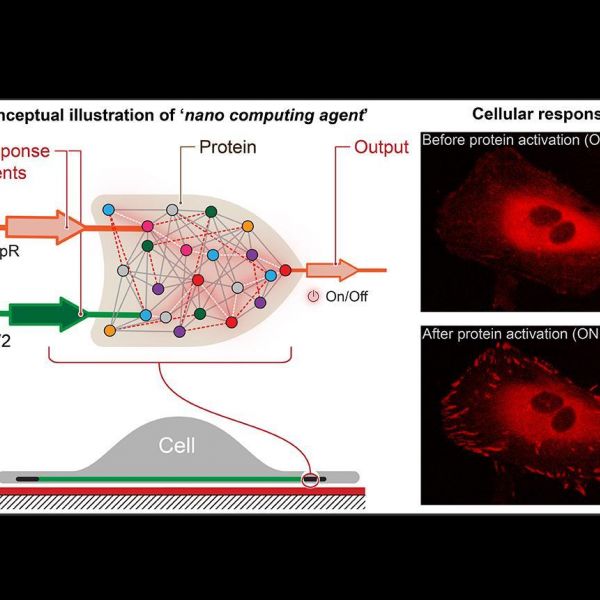
Nov 16, 2021
Nanoscale ‘computer’ controls function of protein, influences cell behavior
The creation of nanoscale computers for use in precision health care has long been a dream of many scientists and health care providers. Now, for the first time, researchers at Penn State have produced a nanocomputing agent that can control the function of a particular protein that is involved in cell movement and cancer metastasis.
Full Article
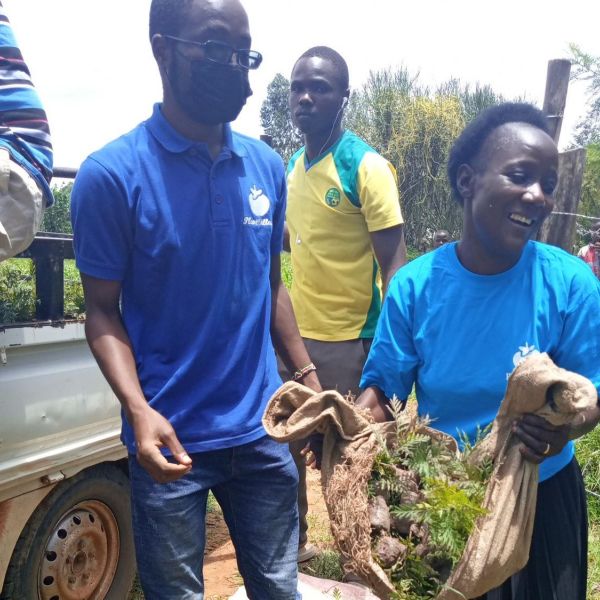
Nov 16, 2021
Hopper-Dean family helps combat global hunger with PlantVillage matching fund
PlantVillage, a platform developed by Penn State researchers that is helping tens of millions of farmers across Africa cope with the immediate challenges of climate change, will be enhanced and expanded thanks to the generosity of Jeff Dean and Heidi Hopper, whose gift includes a commitment to match other donations up to a total of $2.5 million.
Full Article